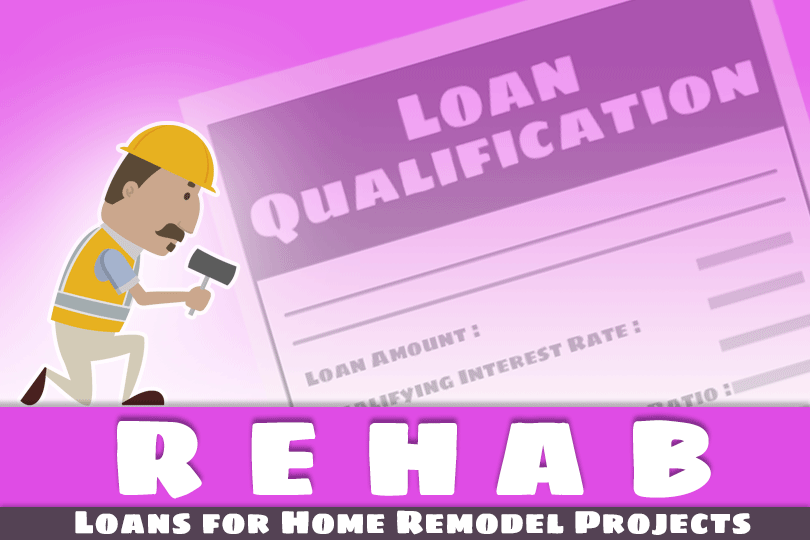Some Important Points About FHA Rehab Loans
September 13, 2023
There are two types of FHA rehab loans. Limited 203(k) is an option for minor home improvements, such as cosmetic changes, repairs, or upgrades, with a maximum repair cost of $35,000. Standard 203(k) is is for more substantial renovations, structural repairs, or the purchase of homes that need significant work. The repair costs can be significantly higher, and it's a more complex process.
These rehabilitation loans are available to both first-time homebuyers and existing homeowners looking to refinance and renovate their homes. Borrowers must meet the FHA's credit and income requirements, as well as other standard loan criteria. The property being financed must meet certain standards, including being a one- to four-unit dwelling that has been completed for at least one year.
Once a borrower identifies a property in need of repairs or renovations they then find a lender approved by the FHA to originate 203(k) loans. A HUD consultant may be required for the standard 203(k) loan to evaluate the scope of work and oversee the project.
The loan amount is based on the property's value after repairs, plus the cost of the renovations.
The borrower makes a down payment (typically 3.5% of the total loan amount) and the loan covers the purchase price and renovation costs.
FHA rehab loans can be used to make various types of repairs, from structural changes to energy efficiency upgrades. Common projects include kitchen and bathroom remodels, roof repairs, plumbing and electrical work, and making the home more energy-efficient. These loans allow buyers to purchase homes in need of repair or upgrade, potentially at a lower price than if they were in perfect condition. And because they're government-backed loans, they allow borrowers with lower credit scores or smaller down payments to qualify.
The drawback is that the FHA loan process can be more complex and time-consuming compared to traditional mortgages. Borrowers must adhere to strict FHA guidelines, including the use of approved contractors and a limited timeline for completing the renovations.
Borrowers considering an FHA rehab loan should work closely with FHA-approved lenders and, if necessary, HUD consultants to ensure they meet all requirements and navigate the process smoothly.
------------------------------
RELATED VIDEOS:
Home Equity Can Secure Your Second Mortgage
Consider the Advantages of Discount Points
FHA Limits are Calculated and Updated Annually

FHA Loan Articles
January 30, 2025FHA residential refinance loans, insured by the Federal Housing Administration, allow homeowners to refinance their existing mortgages. They potentially have more flexible qualification requirements than conventional loans. FHA refi loans can lower monthly payments, shorten the loan term, consolidate debt, or even access cash for home improvements or other needs. Understanding the eligibility criteria and different refinance options is crucial for homeowners considering this option.
January 29, 2025Are you about to graduate from college and are already thinking of what your dream home might look like? Understanding the intricacies of the mortgage is an essential step in your journey toward home ownership. Two key terms you'll encounter early on are "FICO score" and "credit history." How do these two things affect your ability to buy a home?
January 28, 2025Are you dreaming of transforming a diamond-in-the-rough house into your ideal home? Fixer-uppers offer a unique opportunity to personalize your living space and potentially build equity at a price lower than some occupant-ready homes.
January 27, 2025When buying or selling a home, two critical processes are often confused: the appraisal and the inspection. Though both involve a thorough examination of the property, they serve distinct purposes and provide different types of information vital to a successful FHA loan transaction.
January 22, 2025Consider this scenario: you've been in your home for five years or more and you've likely built up a significant amount of equity, and now you might be wondering how to put that equity to work for you. Whether you're dreaming of a major renovation, need to consolidate debt, or want to help a child with college tuition, you have options. Two choices are an FHA cash-out refinance and a home equity line of credit (HELOC).







